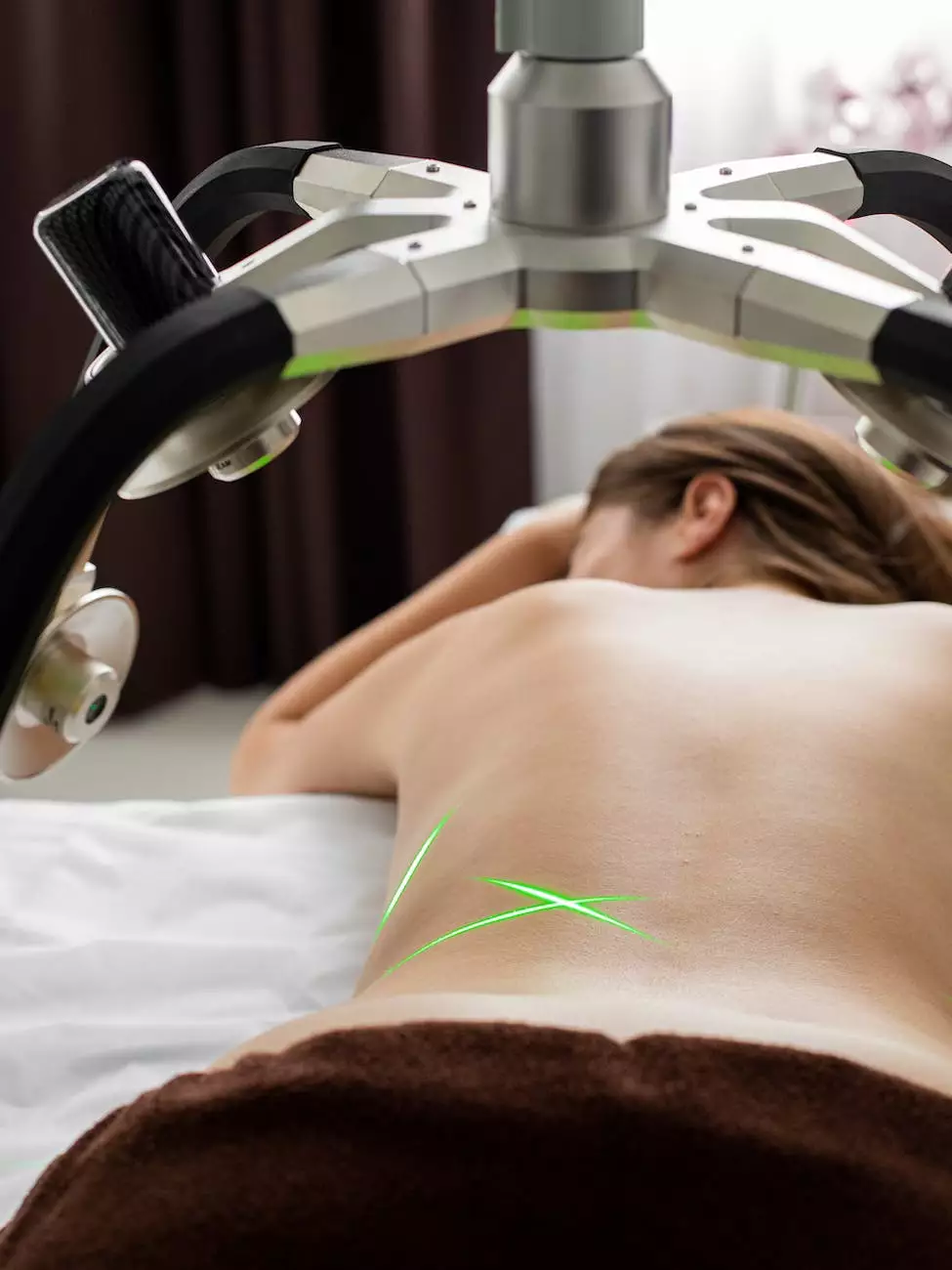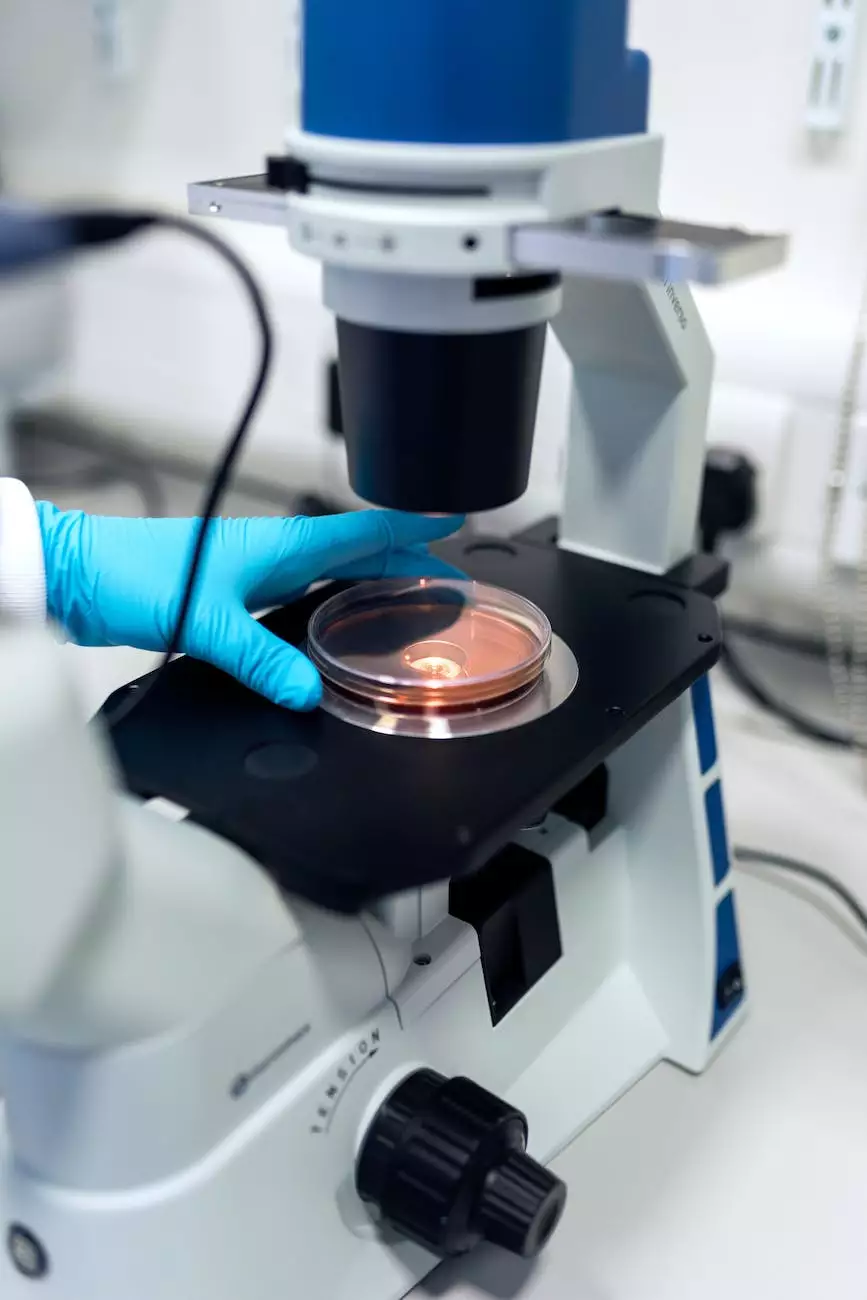Everything You Need to Know About Kidney Stones and Hormone Imbalance

Introduction
Welcome to Minneapolis Weight Loss Doc's comprehensive guide on kidney stones and hormone imbalance. In this article, we will provide you with in-depth information about these conditions, including their causes, symptoms, treatments, and prevention methods.
What Are Kidney Stones?
Kidney stones are hard deposits that form in the kidneys when minerals and salts in urine crystallize and bind together. They can vary in size and shape, ranging from small grains to larger stones that resemble pebbles. Kidney stones can cause severe pain and discomfort as they travel through the urinary system.
Symptoms of Kidney Stones
Common symptoms of kidney stones include:
- Sharp, stabbing pain in the back or side
- Painful urination
- Blood in urine
- Frequent urination
- Cloudy or foul-smelling urine
- Urge to urinate but little to no output
- Nausea and vomiting
Causes of Kidney Stones
Kidney stones can form due to several factors:
- Dehydration: Insufficient fluid intake can lead to concentrated urine, increasing the risk of stone formation.
- High levels of certain substances in urine: Calcium, oxalate, and uric acid can accumulate and form stones.
- Family history: If someone in your family has a history of kidney stones, you may be more prone to developing them.
- Medical conditions: Certain medical conditions, such as urinary tract infections or metabolic disorders, can increase the risk.
Treatments for Kidney Stones
There are various treatments available for kidney stones:
- Medication: Pain-relieving medications or medications to help pass the stones may be prescribed.
- Fluid intake: Increasing fluid intake helps flush out the stones from the urinary system.
- Extracorporeal Shock Wave Lithotripsy (ESWL): This non-invasive procedure uses shock waves to break up larger stones, making them easier to pass.
- Surgery: In some cases, surgery may be necessary to remove large stones or if other treatments have been unsuccessful.
Prevention of Kidney Stones
Prevention methods can help reduce the risk of kidney stones:
- Drink plenty of water: Staying hydrated dilutes urine and prevents the concentration of minerals that can lead to stone formation.
- Follow a balanced diet: Limiting the intake of oxalate-rich foods (such as spinach and rhubarb) and sodium can help prevent certain types of kidney stones.
- Maintain a healthy weight: Obesity increases the risk of kidney stones, so maintaining a healthy weight is beneficial.
- Manage underlying medical conditions: If you have underlying conditions that increase the risk of kidney stones, such as urinary tract infections or metabolic disorders, follow your healthcare provider's recommendations for managing these conditions.
What Is Hormone Imbalance?
Hormone imbalance refers to an irregularity in the production, levels, or functioning of hormones in the body. Hormones play a crucial role in various bodily functions, including metabolism, growth, reproduction, and mood regulation.
Symptoms of Hormone Imbalance
The symptoms of hormone imbalance can vary depending on the specific hormonal imbalance present and may include:
- Irregular menstrual periods
- Mood swings
- Weight gain or weight loss
- Changes in sex drive
- Fatigue
- Insomnia
- Hot flashes or night sweats
Causes of Hormone Imbalance
Various factors can contribute to hormone imbalance, including:
- Stress: Chronic stress can affect hormone production and balance.
- Poor diet: Consuming a diet high in processed foods and lacking essential nutrients can disrupt hormone levels.
- Lack of physical activity: Sedentary lifestyles can contribute to hormonal imbalances.
- Age: Hormone levels naturally decline as we age, leading to imbalances.
- Medical conditions: Certain medical conditions, such as polycystic ovary syndrome (PCOS) or thyroid disorders, can cause hormonal imbalances.
Treatments for Hormone Imbalance
Treatments for hormone imbalance may vary depending on the underlying cause and individual needs:
- Hormone replacement therapy (HRT): HRT involves the use of medications to supplement or replace hormones.
- Lifestyle changes: Adopting a healthy lifestyle, including regular exercise, a balanced diet, stress management, and sufficient sleep, can help balance hormones.
- Alternative therapies: Some individuals may find relief with alternative therapies like acupuncture, herbal supplements, or biofeedback.
- Medications: In certain cases, medications targeting specific hormone-related conditions may be prescribed.
Prevention of Hormone Imbalance
While hormone imbalances may not always be preventable, certain steps can help maintain hormonal balance:
- Eat a balanced diet: Ensure your diet includes a variety of nutrient-rich foods to support hormonal health.
- Manage stress: Implement stress-reducing techniques, such as meditation, yoga, or engaging in hobbies you enjoy.
- Stay active: Regular physical activity promotes optimal hormonal balance.
- Get enough sleep: Adequate sleep is essential for hormone regulation and overall health.
Conclusion
In conclusion, understanding kidney stones and hormone imbalance is crucial for maintaining overall health and well-being. Minneapolis Weight Loss Doc hopes that this comprehensive guide has provided you with valuable insights into these conditions, including their symptoms, causes, treatments, and prevention methods. Remember to consult with a healthcare professional for personalized advice and guidance based on your specific situation.
Sources:
- Mayo Clinic: Kidney Stones
- National Institute of Diabetes and Digestive and Kidney Diseases (NIDDK): Kidney Stones in Adults
- Harvard Health Publishing: Kidney Stones
- Mayo Clinic: Hormone Imbalance
- WebMD: Hormone Imbalance
- Healthline: Signs and Symptoms of Hormonal Imbalance










